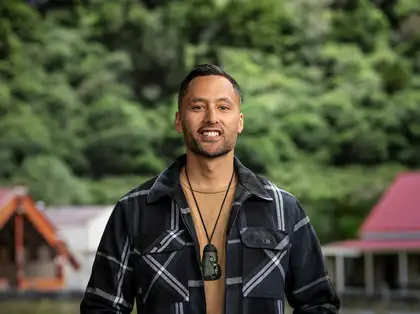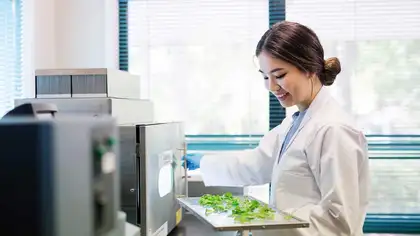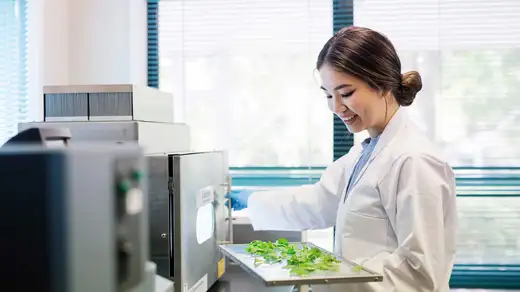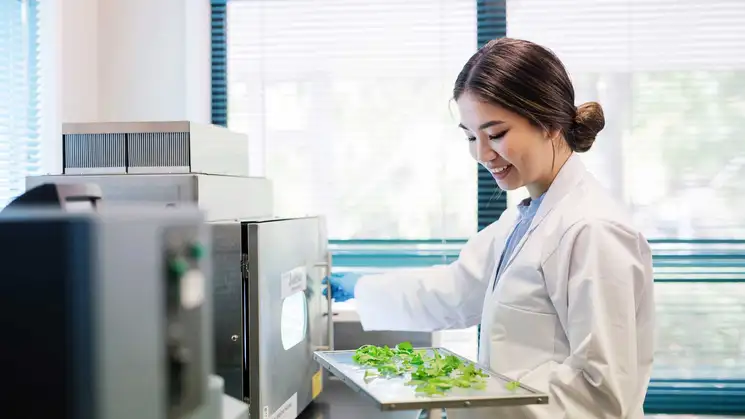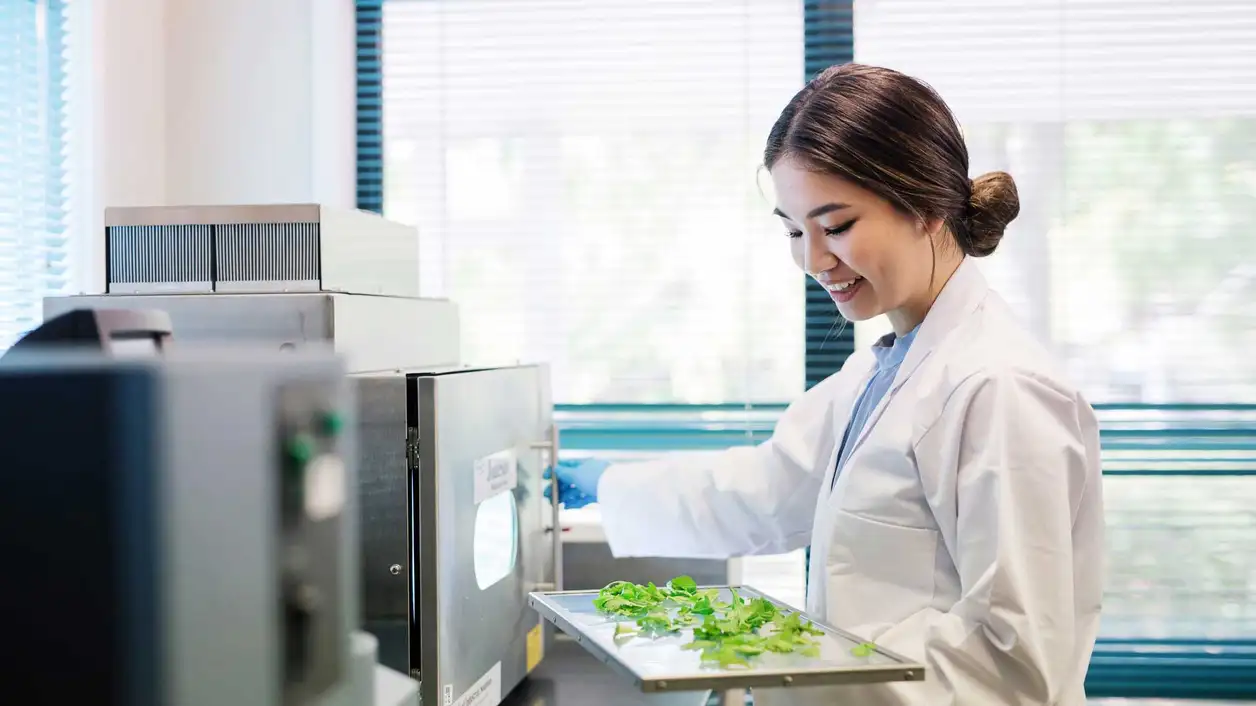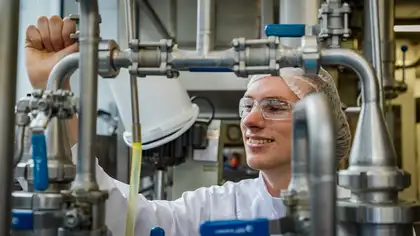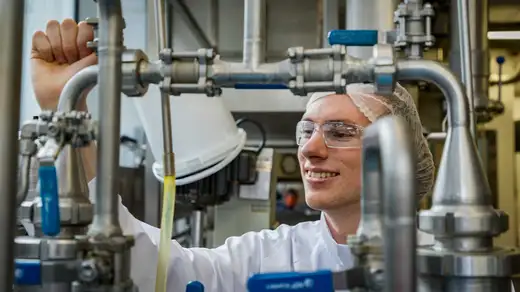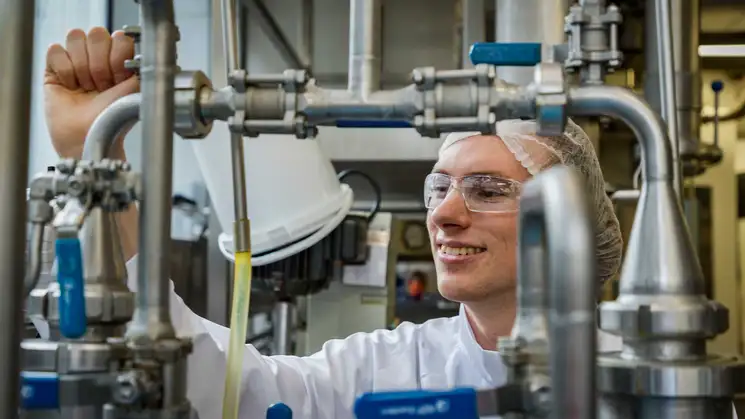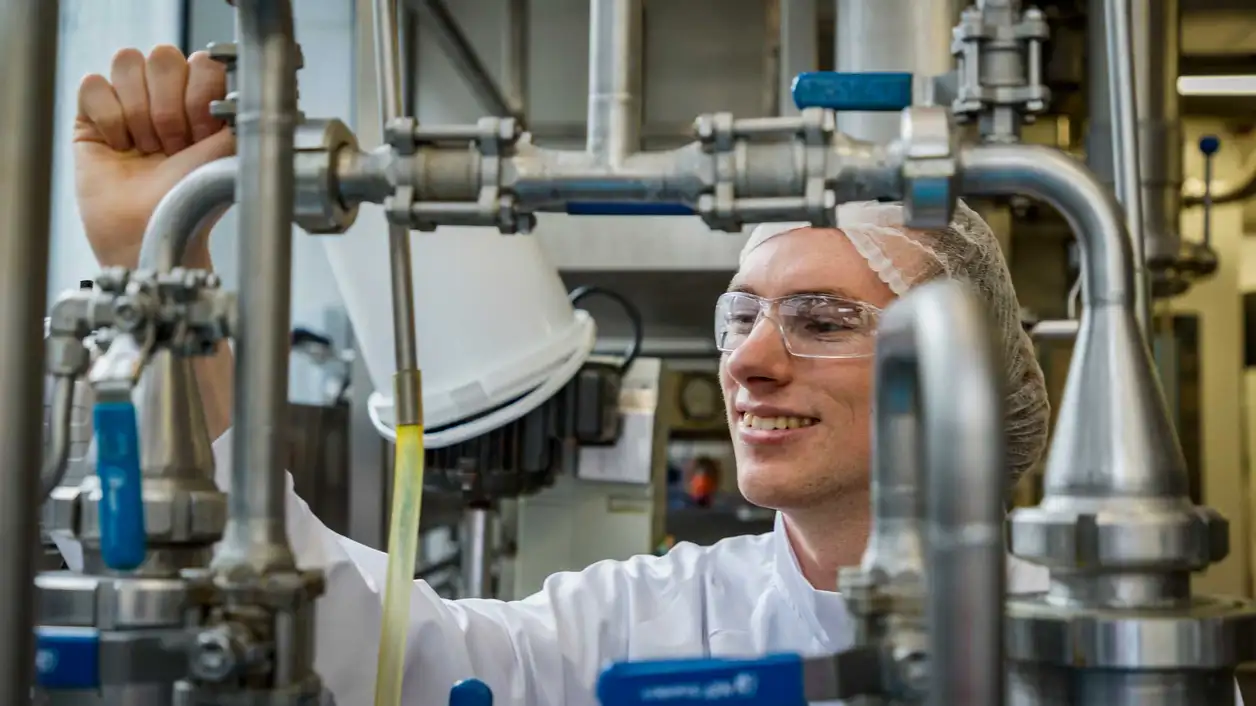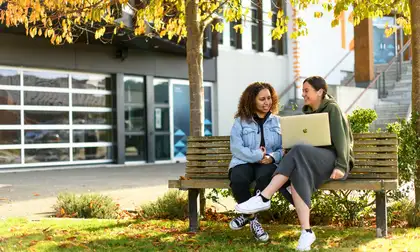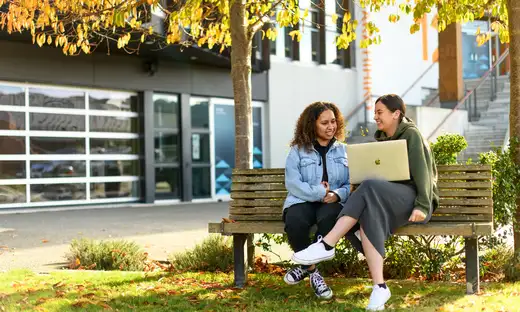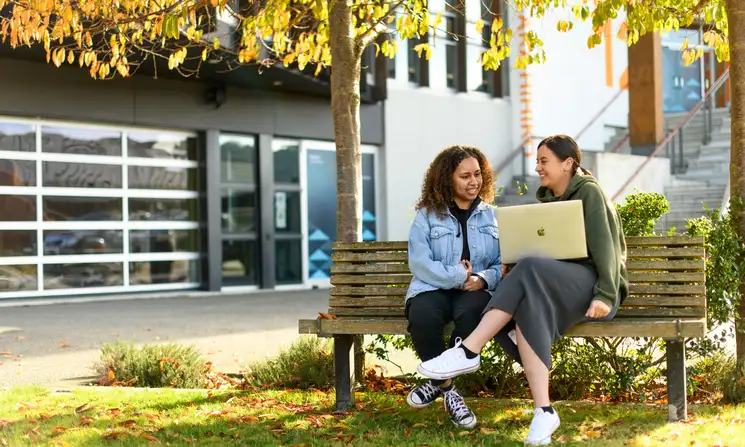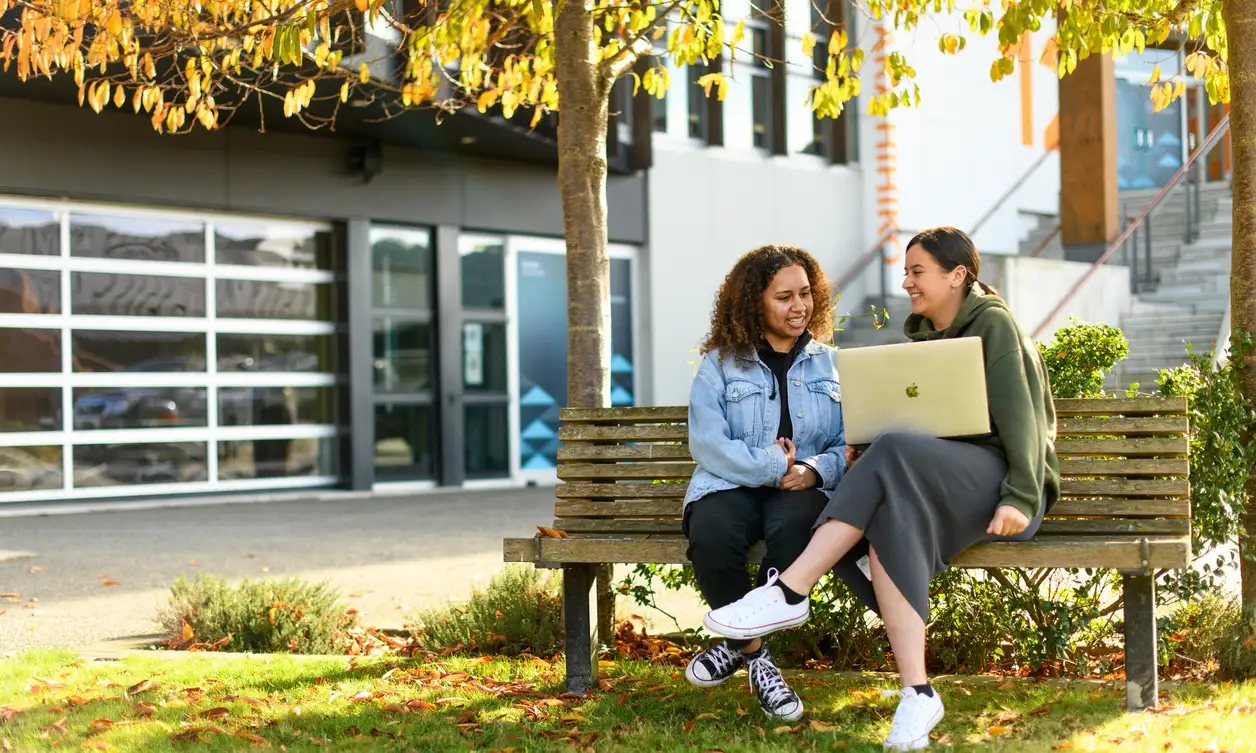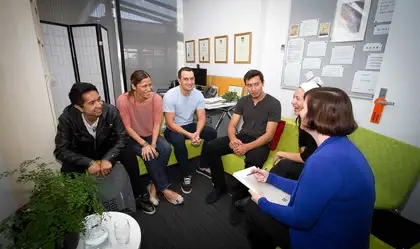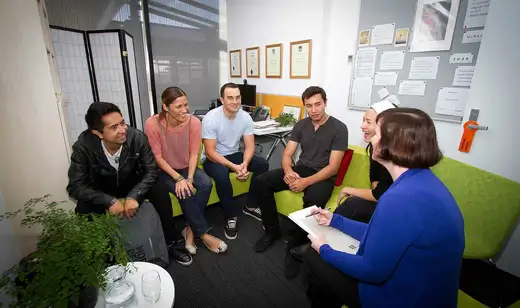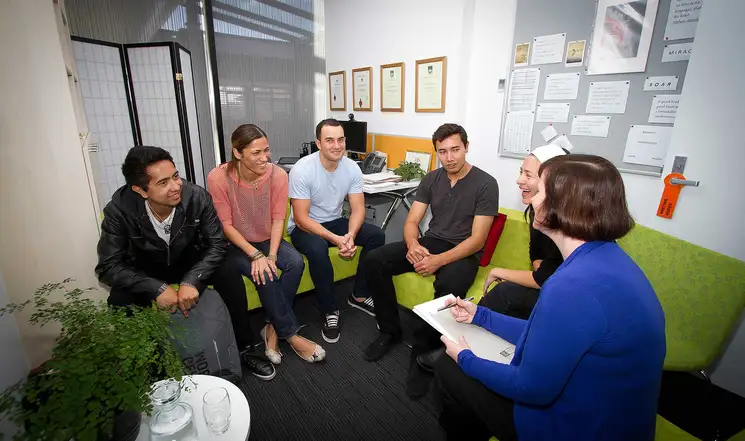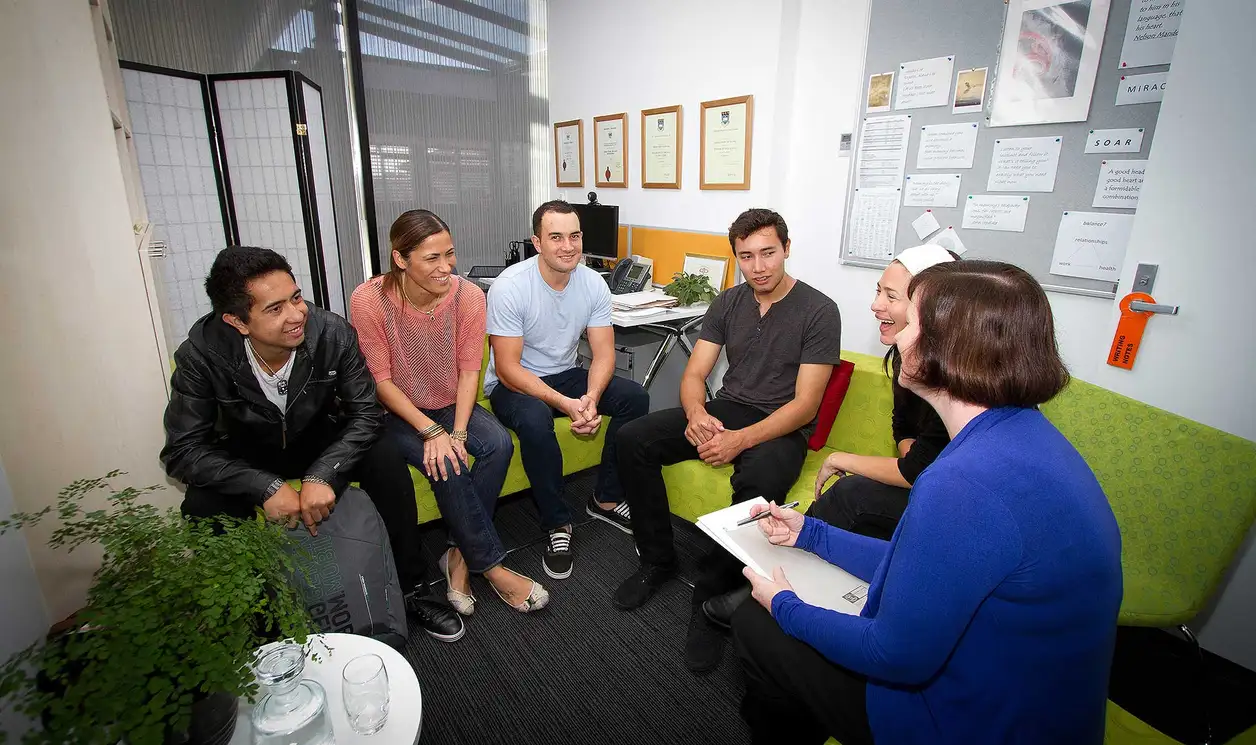Kia ora Jason, thank you for sitting down with us today. Could you tell us about your journey to join us here at Massey?
It started back in 2007, which was my first year at Massey. I attended Hato Pāora College for Māori boys boarding school in Fielding, where I was influenced by my teachers to go to Massey and study. Because I grew up in a Māori environment, I felt that studying something Māori was cheating, so, I thought, ‘Well, I feel clever. I’m going to study something I’ve never studied before’, and chose science. I did level 1 science at secondary school but we didn’t have teachers for level 2 or 3, other than for physics.
I think that after growing up in Tūrangi, I never really left home; I went to boarding school and everything was done for me. I wasn’t ready for university. No one in my family had been to university before, so my Mum didn’t know what I was getting into. I did really well academically at secondary school, but I didn’t even know what university was.
How did it feel when you first arrived at Massey?
I didn't know what I was getting myself into. I turned up to a lecture theatre of about 300 students, and I was the only Māori boy in there and I just freaked out. I was Dux in high school, so I was too proud to tell anyone that I actually didn't know what I was doing.
I didn't tell anyone for 18 months that I was turning up to these classes, failing every paper, but still turning up. I remember going to my exams and thinking I had no idea what the answers were. I'd sit there for 2 hours and then I'd leave. I did that for 18 months until Massey said ‘We're excluding you from the College of Sciences’ and I left.
From your first experience at Massey to now studying for your master’s. How did that transition play out?
After leaving Massey, I worked in a labouring job for 3 years, questioning why I was struggling academically when I had succeeded in a Māori environment my whole life. In 2010, I decided to return to Massey and they accepted me on the condition that I complete the Foundation Certificate course in science. I excelled, earning an A+, and then re-entered the science programme.
My second attempt took 4 years and came with its struggles. I graduated with a science degree in 2014 and began working at Rangitāne, where I learned about the barriers Māori students face in mainstream education. It hurt my wairua to realise I hadn’t recognised my own challenges, feeling out of place among peers and studying subjects disconnected from my Māori identity. That’s when I shifted my focus to hauora.
Can you share your journey in the hauora space and how it led you to pursue your Master of Health Science – Māori Health?
I earned a Bachelor of Science in Human Nutrition and Exercise Science and joined Rangitāne, where I learned about hauora and Sir Mason Durie’s Te Whare Tapa Wha model. I found my way into the hauora space through Rangitāne and Whānau Ora, working with youth at Oranga Tamariki. Now, I’m at the Puhoro STEM Academy, supporting Māori students interested in STEM — something I wished I had during my university experience. With a decade of hauora experience, I now feel quite proficient.
While at Puhoro, I returned to Massey for a Master of Health Science specialising in Māori Health and I’ve achieved straight A+ grades since I started. This validates my journey; I needed a field that resonated with me, and Māori health has done just that. My experiences in hauora enrich my studies, which has truly paid off as I complete my first year.
It’s been a unique and rewarding journey. My friends joke that if I ever give a valedictorian speech, I should mention that I graduated from the university that kicked me out. I’ve learned a lot from my failures.
You’ve done the first year of your master’s on the integration of science in mātauranga, particularly in Māori health. How has your progress been in that space?
I work part-time as a CrossFit coach, which is my passion. Recently, I've noticed CrossFit's growing popularity among Māori, especially those involved in Te Matatini, the national Kapa Haka competition.
Many initiatives are emerging in New Zealand that integrate CrossFit, te reo Māori and health improvement, similar to the Iron Māori triathlon. These programmes prioritise Māori identity and te reo, with health as a secondary focus.
Given my passion for CrossFit, I’m exploring culturally responsive programming for Māori. I’m investigating various initiatives in Auckland, Palmerston North and Hawke’s Bay that align with Māori values, aiming to assess their impact on participation, enjoyment and overall wellbeing.
How would you say the lecturers you’ve studied under have inspired, motivated or helped you evolve?
I have 2 lecturers: Associate Professor Bevan Erueti, who specialises in sports science, and Dr Angelique Reweti, an expert in hauora and Māori health. Bevan is involved in various kaupapa related to Māori health and fitness across New Zealand. In one of my papers, I wrote about a recent project where a device was attached to waka ama paddles to test force and stroke power, providing data to help participants improve their competitive performance. These initiatives inspire me, showing that while I have a thesis topic, there's still so much knowledge to gain that could enhance my work.
Do you feel Massey has evolved in terms of its infrastructure, relationships or support that could have helped you earlier in your journey?
Absolutely! At Massey, the Māori student advisory group, Te Rau Tauawhi, is incredibly supportive. They maintain regular face-to-face contact, genuinely checking in to see if I need help.
I’m also part of Te Rau Puawai, a programme for students in mental health fields. I was fortunate to receive a scholarship, which includes a dedicated supervisor at the postgraduate or PhD level who provides regular support.
Every 6 months, we gather for a noho wānanga, engaging in practical workshops related to hauora and hearing from Māori leaders. Having Māori lecturers has made a significant difference; they understand the barriers we face in mainstream education and offer invaluable advice. Listening to their stories reassures me that if they can overcome challenges, so can I.
I think Massey’s commitment to being a Te Tiriti-led university is brilliant. There’s a dedicated group of Māori at Massey focused on enhancing staff and student knowledge about Te Tiriti, which puts the university ahead of many others. Many positive initiatives are happening behind the scenes that people may not know about because they aren’t covered in the media. This is partly because Te Tiriti isn’t particularly popular at a national level, but there are great developments underway.
Finally, what would be your ultimate dream or long-term goal you’re working to achieve?
My ultimate goal is to return home to Tūrangi and, alongside my whānau, create a framework for my iwi, Ngāti Tūwharetoa. I want to establish a hauora framework for my people based on our own Tūwharetoa purakau, our own traditional stories, ensuring it has relevance for whānau interested in hauora. I aim to create a framework that will endure beyond my lifetime – something intergenerational that can be utilised even when I am no longer here. While I’m not entirely sure what that will look like, my ultimate aim is to give back to my people in the field of health and wellbeing, or hauora, as we call it.
